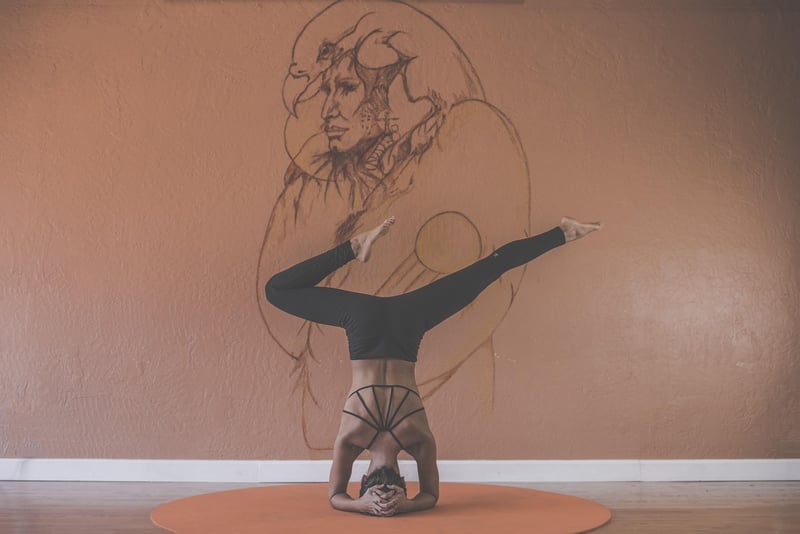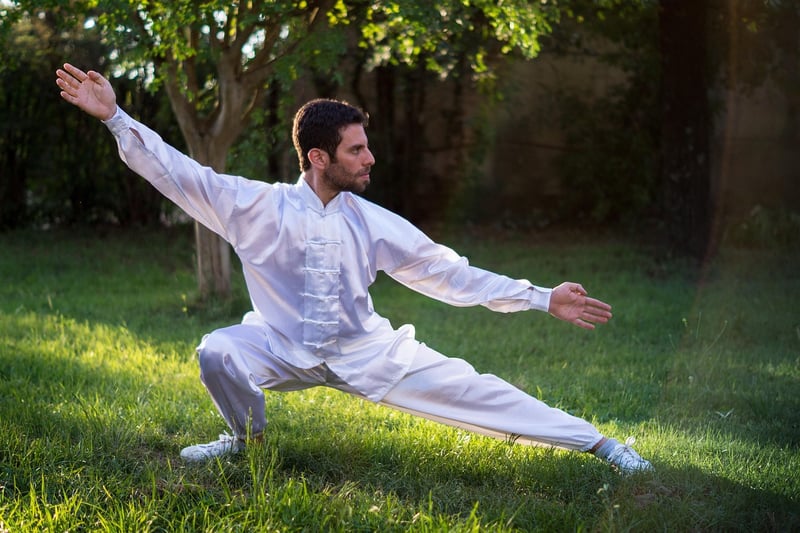Push Hands
The Art of Balance and Harmony in Push Hands Practice

Push Hands, a core practice in Tai Chi, is not just about physical strength but also about balance and harmony. It involves two practitioners engaging in a gentle, yet powerful, exchange of energy to improve their reflexes, sensitivity, and overall Tai Chi skills.
Understanding Balance in Push Hands
Balance is a fundamental aspect of Push Hands as it teaches practitioners to maintain their equilibrium while being pushed or pulled by their partner. It is not about resisting force but rather yielding to it and redirecting it effectively. This concept of balance is not only physical but also mental and emotional.
The Role of Harmony
Harmony in Push Hands refers to the ability of practitioners to be in sync with their partner's movements and intentions. It involves listening, sensing, and responding appropriately to create a fluid and harmonious interaction. By cultivating harmony, practitioners can develop a deeper understanding of themselves and their partners.
Benefits of Balance and Harmony in Push Hands
- Improved balance and coordination
- Enhanced reflexes and sensitivity
- Increased body awareness
- Stress relief and relaxation
- Developing a deeper connection with your practice partner
Practicing Balance and Harmony
To cultivate balance and harmony in Push Hands, practitioners should focus on relaxation, rooting themselves to the ground, and maintaining a clear mind. Regular practice, patience, and open communication with your partner are key to developing these essential skills.

Remember, Push Hands is not a competition but a cooperative practice aimed at mutual growth and understanding. By embracing balance and harmony, practitioners can elevate their Tai Chi skills and experience the true essence of this ancient martial art.
So, next time you engage in Push Hands, focus on finding your balance, cultivating harmony, and enjoying the journey of self-discovery through this enriching practice.
